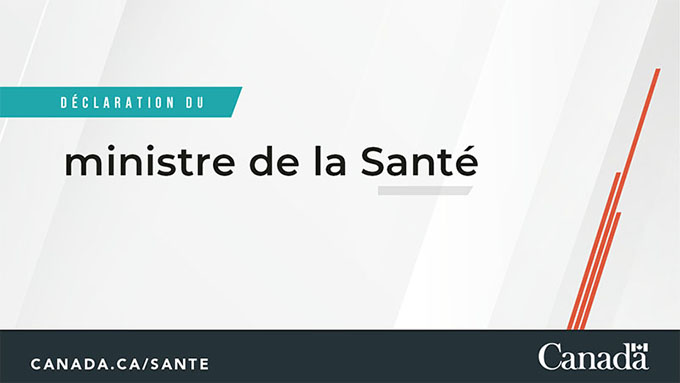Australia’s Senate on Monday approved a historic vote to give indigenous peoples a “voice” in parliament, a plan that will divide the country.
The law, approved by 52 votes to 19, will allow Labor Prime Minister Anthony Albanese to set a date soon for a referendum aimed at revising the constitution.
Mr Albanese’s government believes Australians have an opportunity to address centuries of injustice against Aboriginal people and give them a voice in decision-making.
Indigenous Australian Minister Linda Burney, an Aboriginal leader, said the vote would be a “momentum for the country”. “I feel very emotional,” she told ABC.
If passed, Australian aborigines, who have lived on the continent for at least 60,000 years, will be recognized in the constitution for the first time and will have the right to be consulted by the government on the impact of laws on their communities.
“Reconciliation”
“This is about our identity as a nation,” Albanese said, welcoming the bill’s passage in the Senate.
“Today, our Senate said ‘yes’ to the referendum system,” Labor welcomed.
“Now the Australian people will have an opportunity to say ‘yes’ to reconciliation and ‘yes’ to constitutional recognition of First Nations peoples.”
“Yes” supporters want about 900,000 of Australia’s 25 million people, who identify as Aboriginal, to be represented in parliament through an advisory body.
But the ‘Voice in Parliament’ debate has grown increasingly fierce, with conservative opposition leader Peter Dutton denouncing the country’s racial divide.
“All Australians are equal, but some Australians are more equal than others,” he said earlier this year.
The plan was not unanimous among Aboriginal Australians. For Independent Senator Lydia Thorpe, a prominent Indigenous activist, it would amount to the creation of a “powerless advisory group”.
“That’s what it is: reducing white crime in this country,” he lamented Monday.
For more than a century, indigenous peoples have not been treated as full citizens, even though their rights are now enshrined in law, and deep inequalities remain. These minorities face extremely difficult living conditions, with limited access to health care and education, low life expectancy, low wages, and high rates of incarceration.
While early polls predicted a majority of Australians would vote in favor of the plan, recent surveys have shown support is waning as the political debate heats up.
Indigenous rights advocate Pat Anderson called for more “maturity” in the debates.
“Australians will decide what kind of country we are and what we stand for,” he said. “What are our values? Who are we? We will vote for that soon,” he said.

“Certified food fanatic. Extreme internet guru. Gamer. Evil beeraholic. Zombie ninja. Problem solver. Unapologetic alcohol lover.”







More Stories
Biden says India and Japan are “xenophobic”.
OECD revises its global growth outlook upward for US performance
Crime and muse dominate the countryside